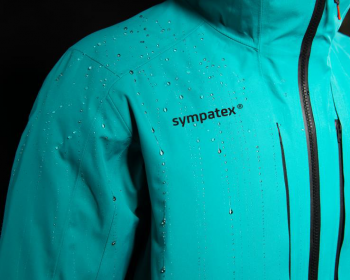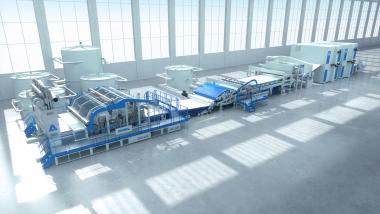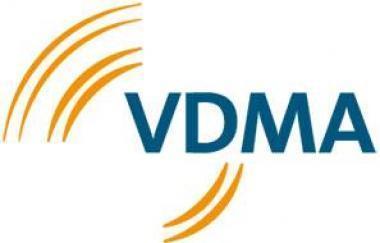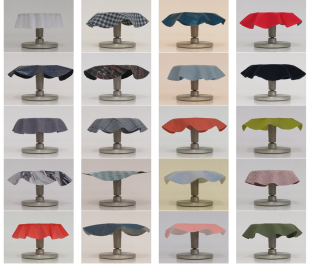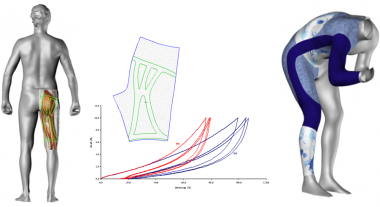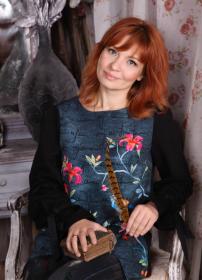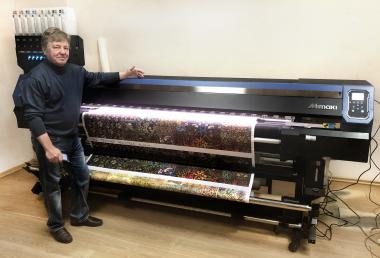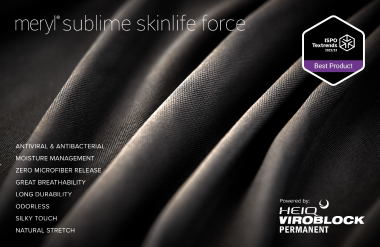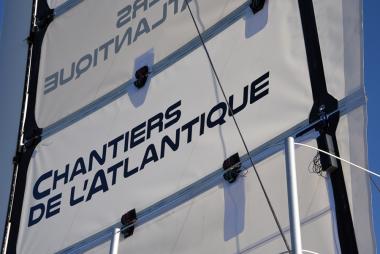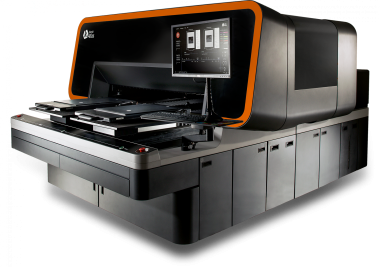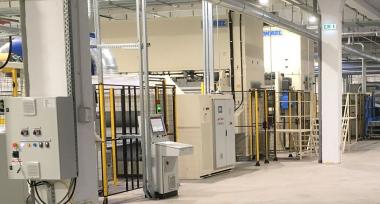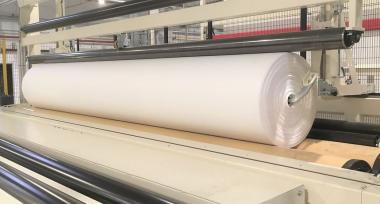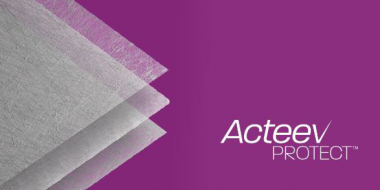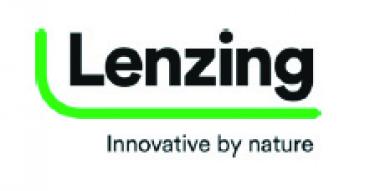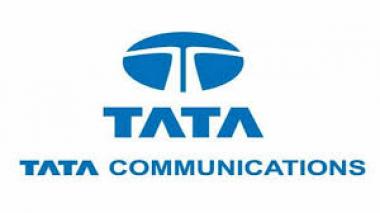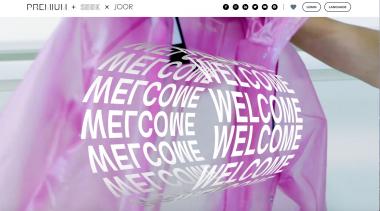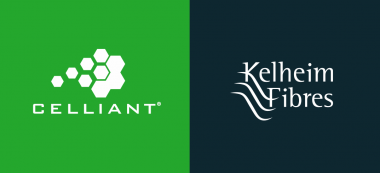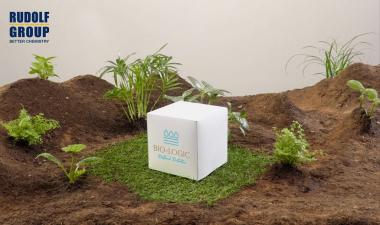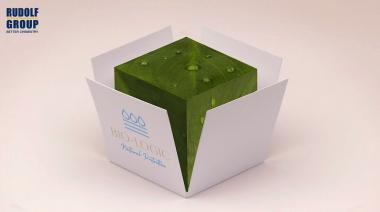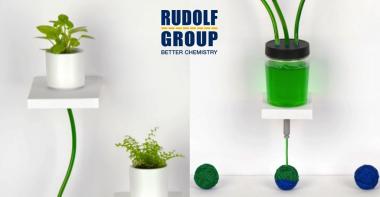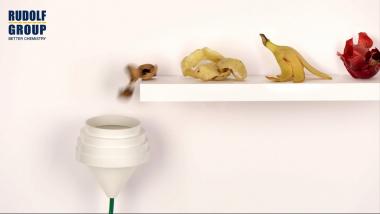MoU: Lectra to acquire Gerber Technology
Lectra announces its plan to acquire the entire capital and voting rights of US-based Gerber Technology. A key Industry 4.0 player in the fashion, automotive and furniture industries, Lectra designs smart industrial solutions – software, equipment, data and services – that help brands, manufacturers and retailers develop, produce and market their products.
The acquisition, if and when consummated, would allow Lectra to complement its market position and continue to enhance its offerings based on Industry 4.0 technology that will enable its customers to boost the productivity and profitability of their operations. After the French work council of Lectra is consulted and the binding documentation is signed, completion of the acquisition shall remain subject to merger control clearance and other customary conditions and shall be submitted to Lectra shareholders for approval.
The proposed combination would occur at an opportune time for both companies and their customers. The current uncertain economic climate and unprecedented challenges that fashion, automotive and furniture companies are facing due to the COVID-19 pandemic make it more important than ever for them to transform, digitalize and optimize their operations.
For over 50 years, Gerber Technology has used its proprietary technologies and deep domain expertise to provide integrated software and automated hardware solutions to companies around the world, including over 100 Fortune 500 companies in 134 countries.
The strategic combination of Gerber Technology and Lectra will create a premier advanced technology partner, able to quickly meet changing customer needs and deliver even more value through seamlessly integrated solutions. Together, the two companies will have a large installed base of product development software and automated cutting solutions in operation, with a worldwide presence and a long list of prestigious customers.
Consolidating the two companies’ research and development capabilities will enable the combined company to accelerate development of Industry 4.0 technologies and help its expanded customer base seize the full potential of these innovations.
Integrating the technology of the two companies will endow them with the resources to anticipate and address rapidly changing market conditions.
Key transaction terms
Under the proposed acquisition, Lectra would acquire all outstanding shares of Gerber Technology on a cash-free debt-free basis for an upfront payment of 175 million euros – through a combination of cash and debt – plus 5 million newly issued Lectra shares to AIPCF VI LG Funding, LP (“AIPCF VI LG”), an affiliate of American Industrial Partners that is Gerber Technology’s sole shareholder. This would represent a total amount of about 300 million euros based on Lectra’s closing share price on February 5, 2021. No contingent consideration is contemplated.
Gerber Technology’s revenues was 165 million euros in 2020.
Thanks to the strong value creation deriving from significant synergies, Lectra expects the transaction to be accretive for shareholders from 2022.
Upon closing, Daniel Harari would own c. 14.6% of the Lectra shares and AIPCF VI LG would own c. 13.3%.
Lectra’s Board of Directors would welcome a director representing AIPCF VI LG.
Daniel Harari would continue to be the Chairman and Chief Executive Officer of Lectra. Gerber Technology Chief Executive Officer, Mohit Uberoi, would assume special advisor to Daniel Harari role until end-2021.
Lectra’s shareholders would be invited to vote on the issuance of the 5 million new Lectra shares reserved to AIPCF VI LG at a dedicated Extraordinary Shareholders’ Meeting which is currently expected to be held on April 30, 2021. A report containing additional information will be made available to the shareholders prior to the Extraordinary Shareholders’ Meeting.
Lazard is acting as exclusive financial advisor to Lectra, and Latham & Watkins as legal counsel to Lectra.
Goldman Sachs is acting as exclusive financial advisor to AIPCF VI LG, and Ropes & Gray LLP, Baker Botts LLP and Gide Loyrette Nouel A.A.R.P.I. as legal counsel to AIPCF VI LG.
2020 results, update on the 2020-2022 strategic roadmap and guidance for the coming years will be disclosed on February 10, 2021.
Lectra management will discuss the transaction, provide forward-looking guidance for the combined company upon closing of the transaction and answer questions from the financial community during the February 11, 2021 webcast Analyst Conference meeting in French starting at 8:30 am (CET - Paris).
Lectra - Headquarters




